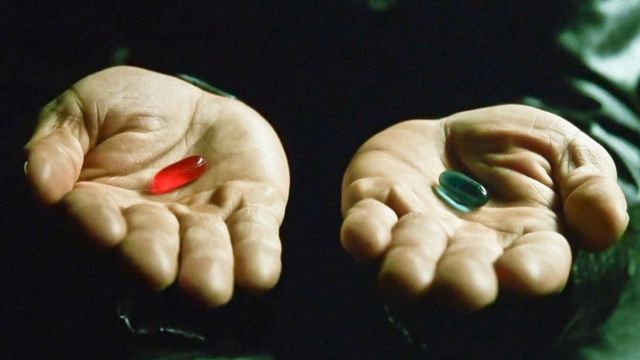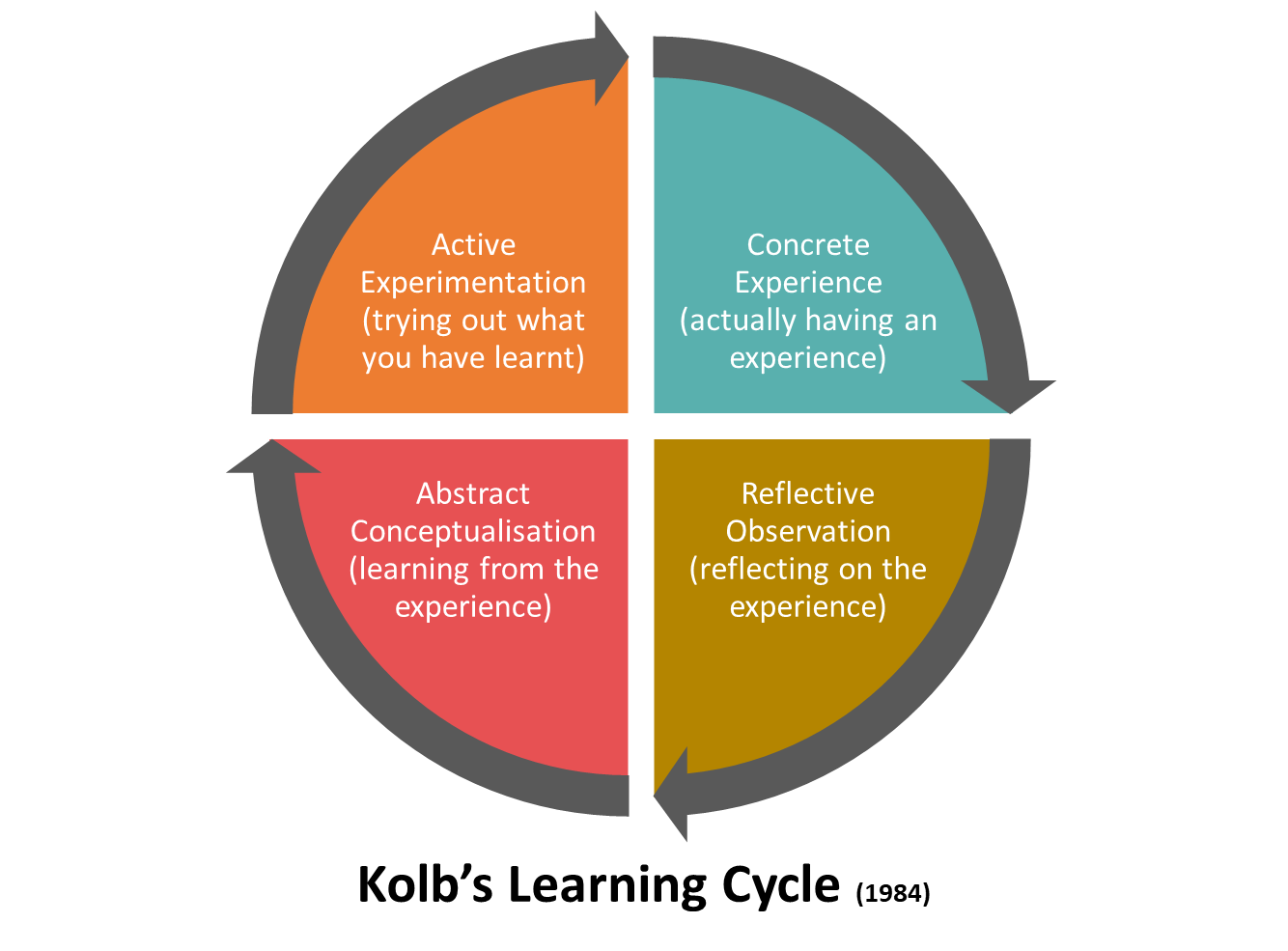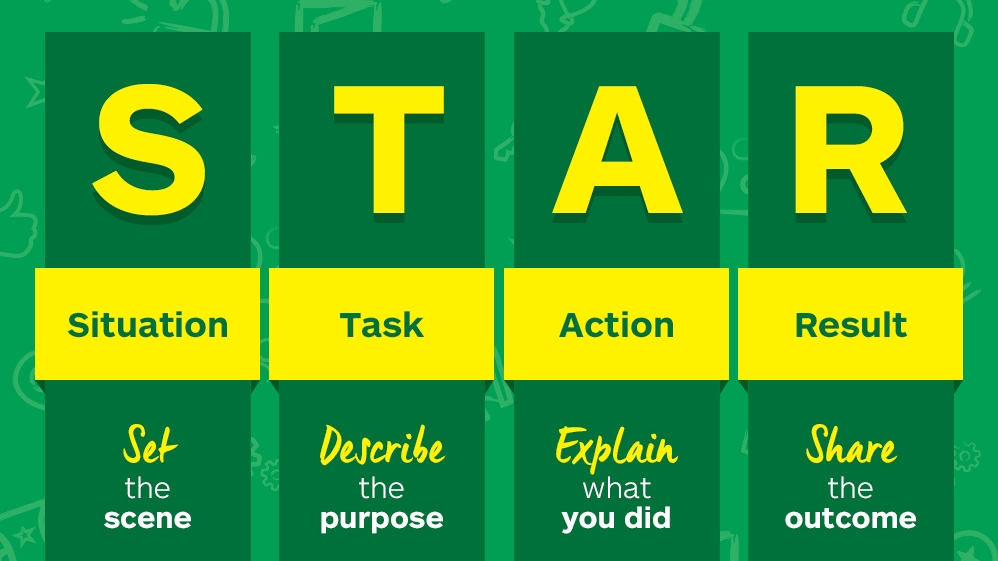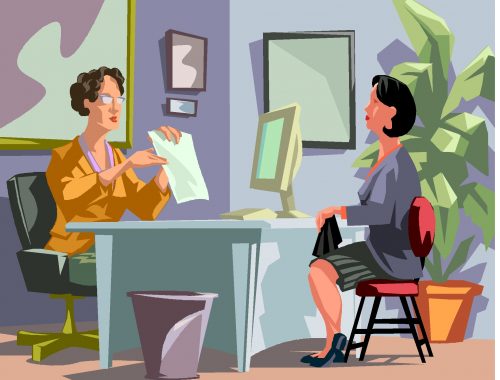Escape the simulation: Take the red pill – Simulated Job Interviews

Standing there waiting to be called in. It’s the most nerve-wracking experience anyone can go through, the anxiety can quickly swell up and consume you. I wasn’t going to let that happen. I was going to ace this interview. I’d reviewed sample questions, prepared answers to them, and practised my speaking to be clear and well-paced. But even still, waiting in that corridor, that ungodly place where time seems to warp and 5 minutes feels like an eternity, it was a sickening feeling. I quiz myself repeatedly on what I will say, my strengths and weaknesses, and the questions I want to ask. Again and again, I repeat them, committing them to memory in the hopes that I can recite it all back like a well-versed poem and blow the panel away without a second thought. And just then as I’m lost in my trance, I’m called. It’s time. The questions continue to race through my mind as I sit down. Suddenly overanalysing everything I do; “Is my walk okay?…Am I standing up straight?…Why is this chair so uncomfortable?”. I look up at the panel, and as they introduce themselves my mind is drawn blank, all the preparation I’ve done means nothing now, not in the real world, I’m going off script.
Kolb’s Cycle of Reflective Practice
To reflect on my experiences from this interview I’ve chosen to use Kolb’s Cycle of Reflective Practice. This four-step reflective model, in my experience, is the most effective means of conveying, analysing, reflecting on and learning from my experiences. The reflective process is fourfold: Experiencing something, thinking about the experience, reflecting on what you’ve learned, and applying what you learned later down the line.
‘The emphasis on the process of learning as opposed to the behavioural outcomes distinguishes experiential learning from the idealist approaches of traditional education.’ (Kolb, 2015)

Concrete experience:
The panel was competent and professional. There was none of the cliche “Tell us about yourself”, they knew the questions to ask and my brain was forced to keep up. I was applying for a job as a live sound engineer and was promptly asked about my experience. The next question was “What are your favourite events to work?”. I considered this for a moment before explaining how I got into audio production in the first place because of my love of musical theatre and having had the opportunity to work on a student production of ‘Legally Blonde: The musical’ which was one of my best engineering memories. The question was quickly followed by an offhanded question from one of the interviewers, “What’s your favourite musical?” The hardest question of the entire interview bar none. I froze and thought for a few seconds before blurting out “Eh, Hamilton?” (A complete lie) The interviewer frantically writes notes as I’m filled with shame, a panicked response, but hey, we all make mistakes. As the questions continued I could feel myself becoming more and more comfortable. All of my preparation had meant nothing anymore as the only remnants of what I’d prepared was the STAR technique which I tried to weave into each answer I gave.

Reflective observation:
As the interview drew to a close I could feel a wave of easiness come over me, the experience wasn’t nearly as bad as I was expecting. Going off script I felt allowed me to truly engage with the answers I was giving and speak freely rather than the hyperformal, prepicked, unoriginal answers I had tried to learn off. This allowed me to be more confident in my presentation and was a point that was noted by the interview panel in my feedback.
Abstract conceptualisation:
Something I realised both during the interview and when I was on the interview panel for the others was that the interviewers want you to do well. There are no malicious intentions, even if there is a sneaky question that catches you off guard it’s never done to intentionally see you squirm and fail. An issue I’d struggled with in the past was self-confidence. I never had an issue with speaking confidently, ask me to read in front of a stadium and I’ll do it no problem but ask me to talk about myself and my experience and I’ll curl into a ball and hope the ground swallows me whole. This was something the panel had noticed, one of the comments being “more confidence in your experience”. It’s an issue I’d been aware of but something I hadn’t addressed before the interview.
Active experimentation:
Of the feedback id been given, two key issues needed addressing, my confidence in regards to talking about my experiences and eye contact. Since the interview, these are things I’ve started to address in my day-to-day life, being more open about what I’ve done/ can do and being more engaging when communicating with people.
Conclusion
Kolb’s reflective model has helped me to take the feedback presented to me by my peers and incorporate it into an experience that I can learn from. There is a lot to be said about the value of self-reflection compared to mere criticism as Loughran says ‘If a teacher educator simply states the problem for others (student teachers), it will not necessarily then make it visible to them, as the differences in experience influence not only what the problem is but also how it might be seen.’ (Loughran, 2002) The combination of peer reviewing and self-reflection helped me avoid both of these issues and make my problems easier to address.
At the end of the day, I was really happy with my interview. Even with the things that needed improving, having them addressed and brought up by my peers in a simulated professional environment I felt was extremely beneficial and are hopefully things I can now address before I have to do any real interviews. My feedback from the panel was excellent, they were able to tell me what I’d done well and what I hadn’t, with kind words and constructive criticism. As I look down at the feedback conclusion, I make note of the final bullet point “Pick an edgier musical next time”, the shame still hasn’t subsided.
Bibliography
Kolb, D.A. (2015) Experiential learning: Experience as the source of learning and development. Upper Saddle River, NJ: Pearson Education Ltd.
Loughran, J.J. (2002) Effective reflective practice, Journal of Teacher Education, 53(1), pp. 33–43. Available at: https://doi.org/10.1177/0022487102053001004.
'The Interview' behind the scenes.
You May Also Like

To Be Or Not To Be – That Is The Interview Question
23 February 2023
Job Interviews: Selling Yourself For A Pay Cheque
24 February 2023
